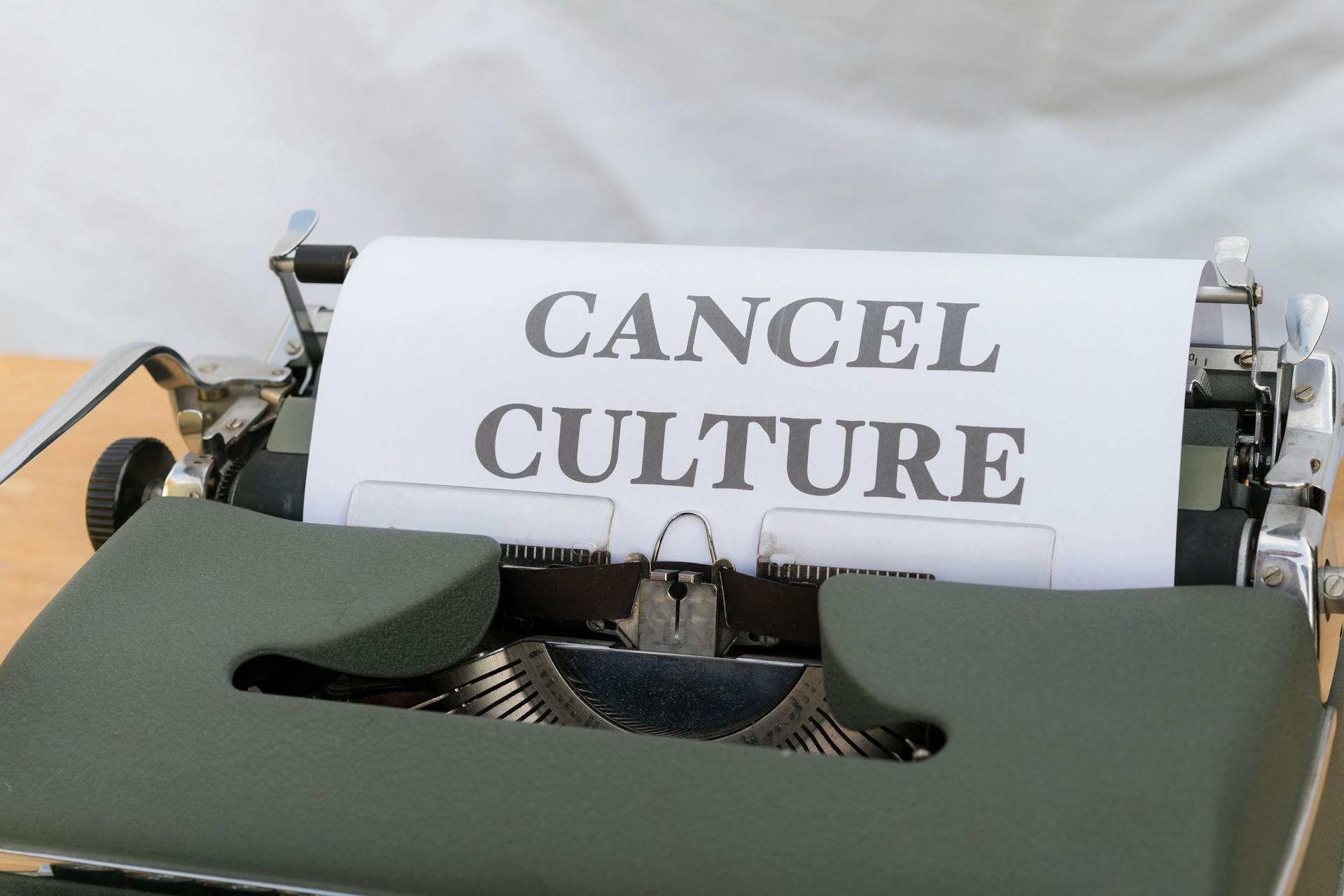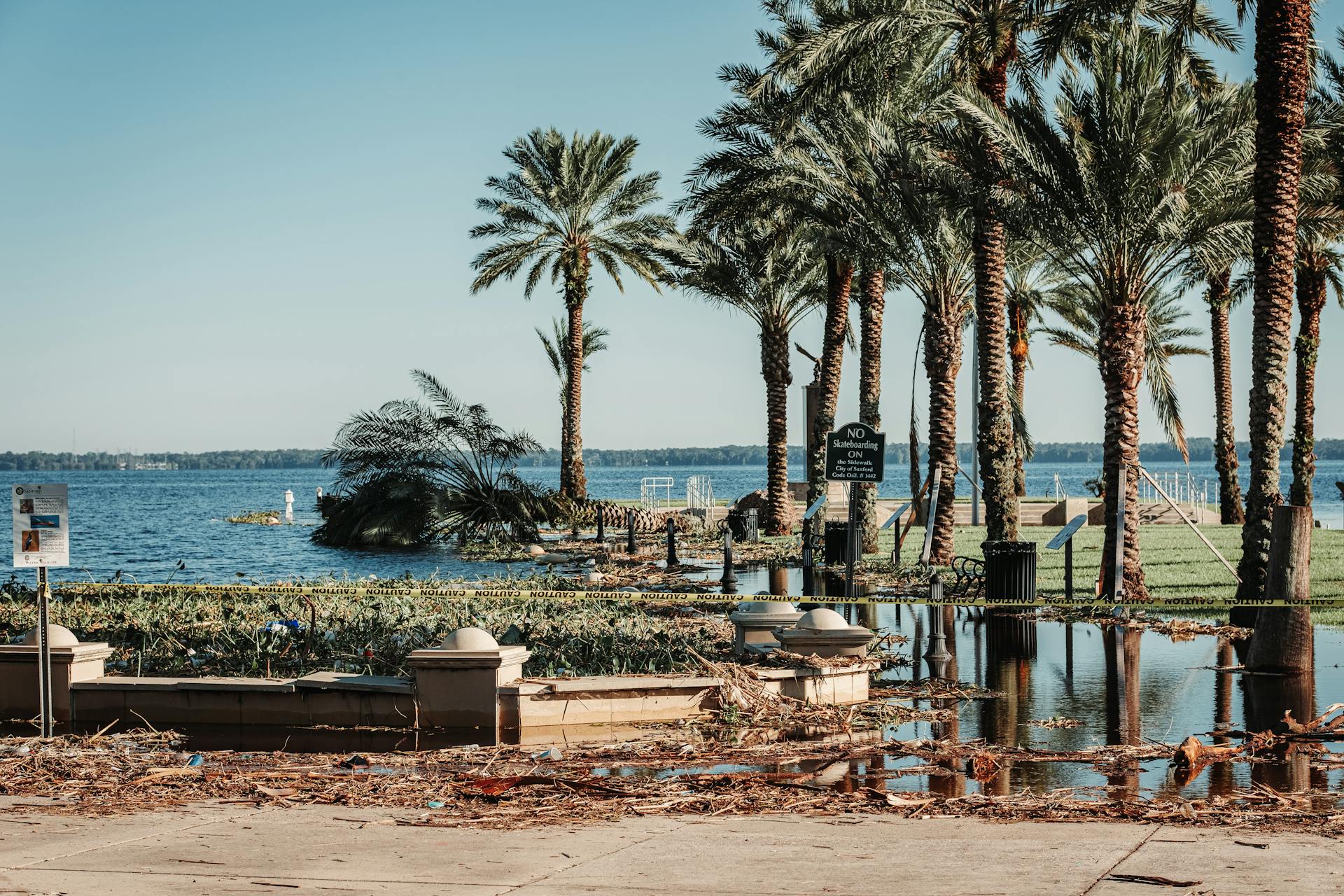
AAA homeowners insurance coverage for water damage is a crucial aspect to understand, especially if you live in an area prone to flooding or have a history of water-related issues in your home.
AAA's standard homeowners insurance policy typically covers water damage caused by sudden and accidental events, such as burst pipes, appliances, and HVAC failures.
Water damage from slow leaks or maintenance-related issues, however, may not be covered under a standard policy.
AAA's policy does cover water damage from frozen pipes, but only if the damage is caused by a sudden and accidental freezing, not from neglecting to winterize your pipes.
Does AAA Homeowners Insurance Cover Water Damage?
AAA Homeowners Insurance typically covers water damage from sudden and accidental events, such as burst pipes. This includes frozen pipes that burst, but only if the home was properly heated.
If you have a roof leak, your insurance may cover the damage if it was caused by a sudden event like a storm or a tree falling on your roof. However, if you neglect to fix the damage in a reasonable amount of time, further water damage may not be covered.
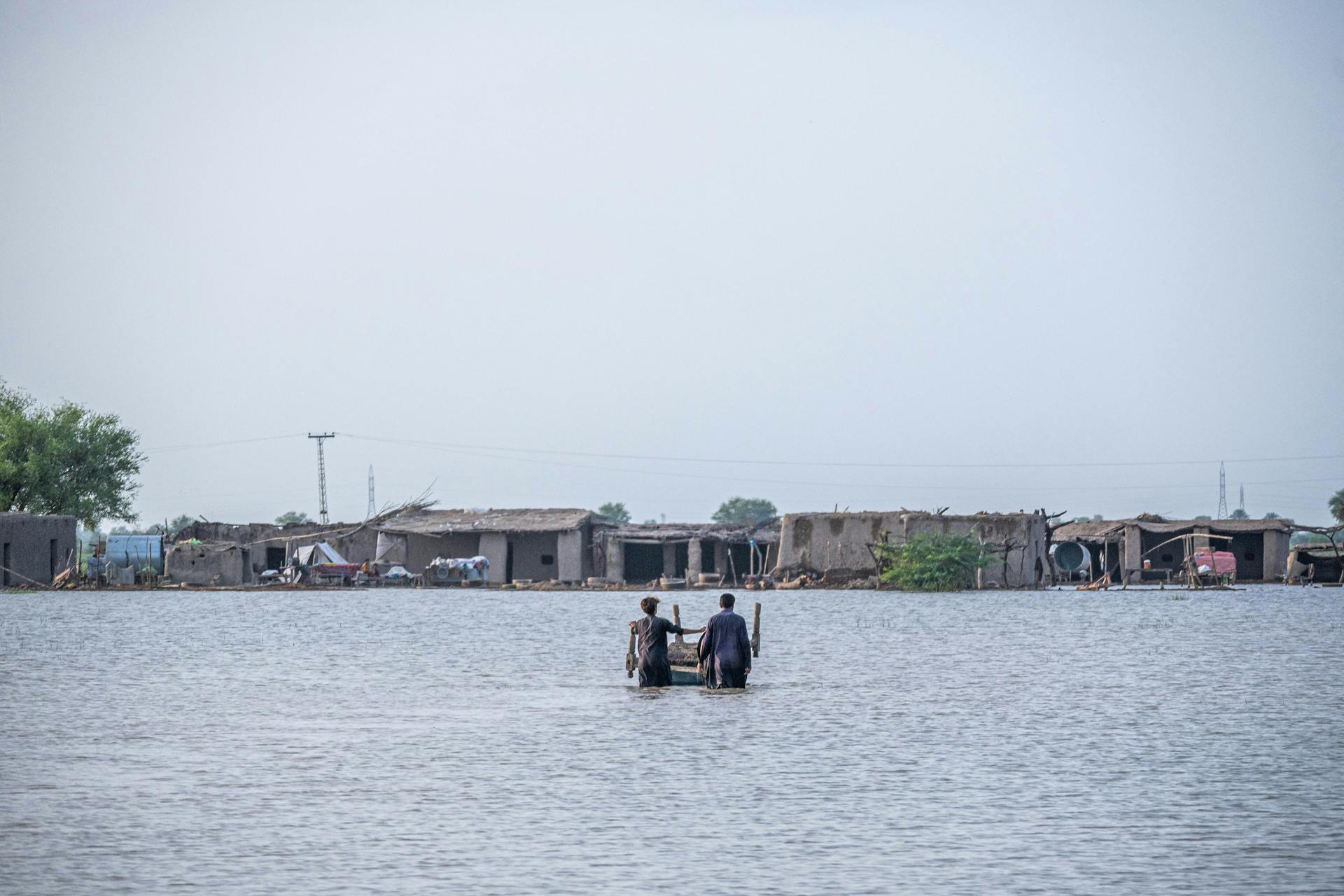
A burst pipe is a classic example of sudden and accidental water damage, and AAA Homeowners Insurance usually covers it. On the other hand, gradual damage from a leaking bathroom sink is not typically covered.
If you have a leaking appliance, like a washing machine or dishwasher, your insurance may cover the water damage, but not the cost of repairing the appliance itself. This is a common scenario that many homeowners face.
Here are some specific examples of water damage covered by AAA Homeowners Insurance:
- Accidental leaks from plumbing or appliances
- Burst pipes, including frozen pipes
- Ice dams, as long as the damage was sudden and not caused by lack of maintenance
- Water damage from a roof leak, caused by a sudden event like a storm
- Water damage from storms, such as heavy rain or hail
Protecting Your Home
Preventing water damage is key to avoiding costly repairs and ensuring your home remains safe and secure. Routine maintenance is essential, so be sure to drain your water heaters twice a year to prevent sediment buildup.
Inspect your hoses regularly, replacing any damaged ones, and take care of leaky faucets promptly to avoid water damage. Homeowners insurance covers water damage that's sudden and accidental, but not gradual problems or maintenance issues.
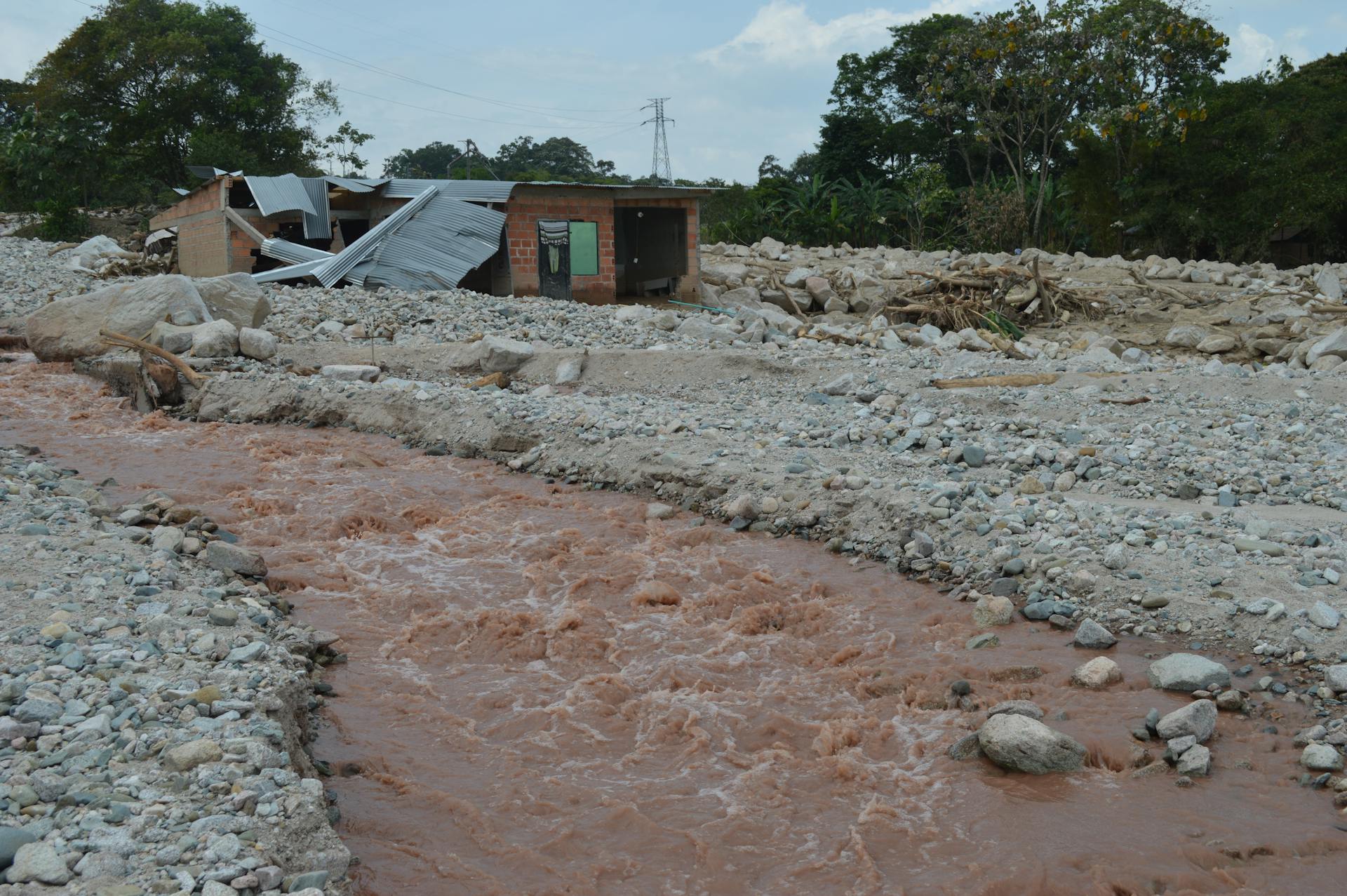
Installing smart water-leak detectors can send alerts to your phone or email, and some can even automatically shut off the water to prevent damage. In a study of 2,306 U.S. homes, water-related claims decreased by 96% after installing in-line water shut-off systems.
Preventing frozen pipes is crucial in areas with extreme cold temperatures, so keep your heat set to at least 50 degrees and consider wrapping pipes with insulation. Don't forget to remove leaves from your gutters each fall to reduce the risk of clogged drains.
A roof rake can help you remove snow from your roof to prevent potential ice dams, which can lead to damage to both the exterior and interior of homes. By taking these preventative measures, you can significantly reduce the risk of water damage and protect your home.
Here are some key preventative steps to protect your home from water damage:
- Drain water heaters twice a year
- Inspect hoses regularly and replace damaged ones
- Take care of leaky faucets promptly
- Install smart water-leak detectors
- Prevent frozen pipes in extreme cold temperatures
- Remove leaves from gutters each fall
- Use a roof rake to remove snow from your roof
Understanding Coverage Limits
Your homeowners insurance typically covers water damage from a leaking or broken pipe, but only if it's a sudden event. This means if a pipe bursts due to a sudden increase in water pressure, you're covered.
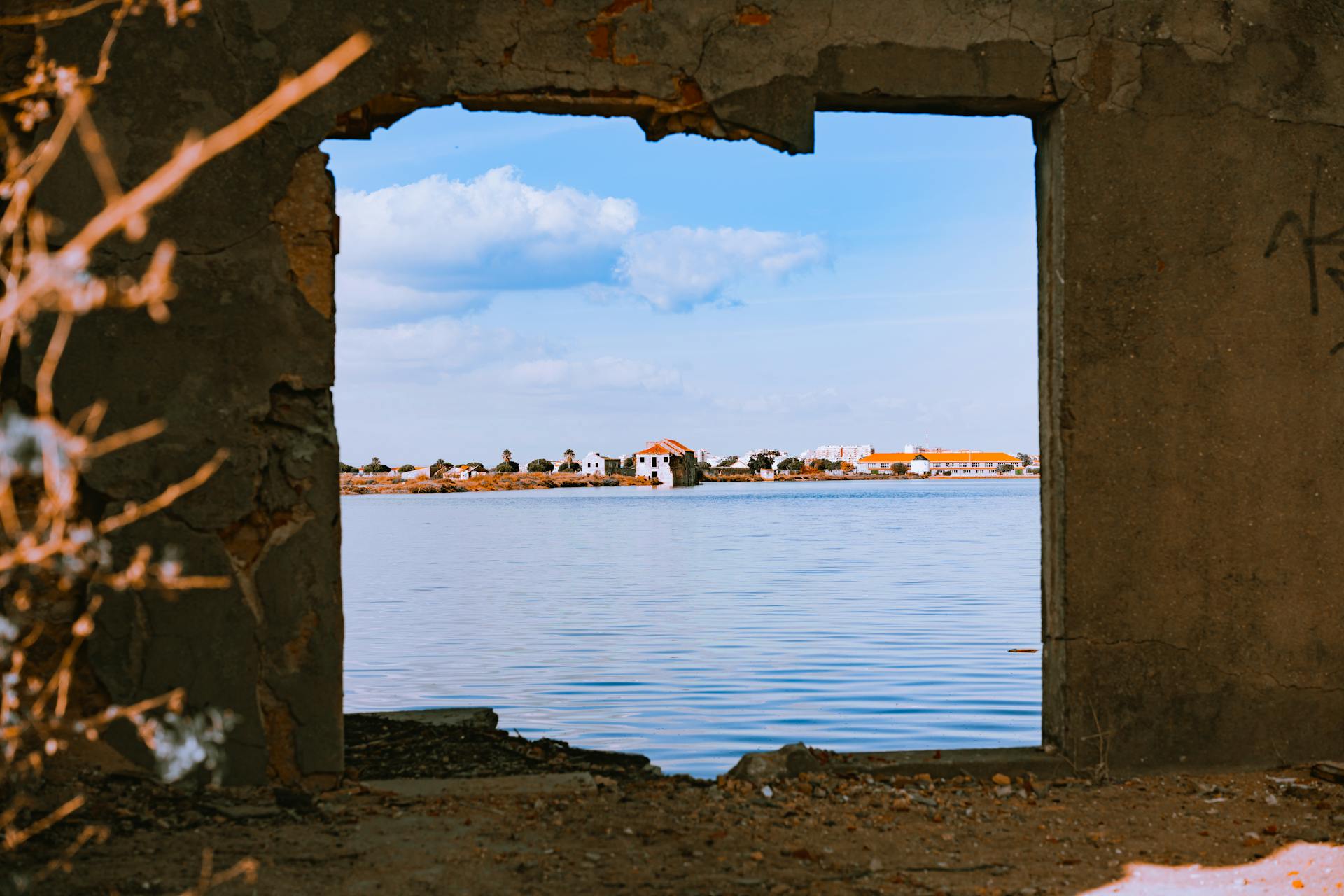
You can also expect coverage for water damage caused by wind-driven rain or a roof leak resulting from a wind storm. However, if the damage is due to a gradual issue, like a leaky pipe that's been dripping for months, you're likely out of luck.
If you have a washing machine or dishwasher that leaks, your policy may help clean up the mess, but it usually won't cover the cost of repairing the appliance. It's essential to review your policy and understand what's included and what's not.
Here are some scenarios where your AAA homeowners insurance may cover water damage:
- Wind-driven rain
- Roof leaks caused by a sudden event, like a wind storm
- A leaking or broken pipe
- A leaking appliance, such as a washing machine or dishwasher (for clean-up costs only)
- Water used to put out a fire, like water from your home's sprinkler system or a firefighter's hose
Frequently Asked Questions
What kind of water damage is not covered by insurance?
Water damage from sewer or drain back-ups is typically not covered on standard insurance policies. However, you can add optional coverage for an additional premium to protect yourself against this type of damage.
Sources
- https://www.forbes.com/advisor/homeowners-insurance/water-damage/
- https://www.donwilliamsinsurance.com/does-california-homeowners-insurance-cover-water-damage/
- https://mwg.aaa.com/insurance/home/articles/does-homeowners-insurance-cover-water-damage
- https://www.lanereport.com/163247/2023/03/aaa-what-insurance-does-and-doesnt-cover-when-it-comes-to-storm-damage/
- https://we-ha.com/aaa-speaks-pipes-burst/
Featured Images: pexels.com
